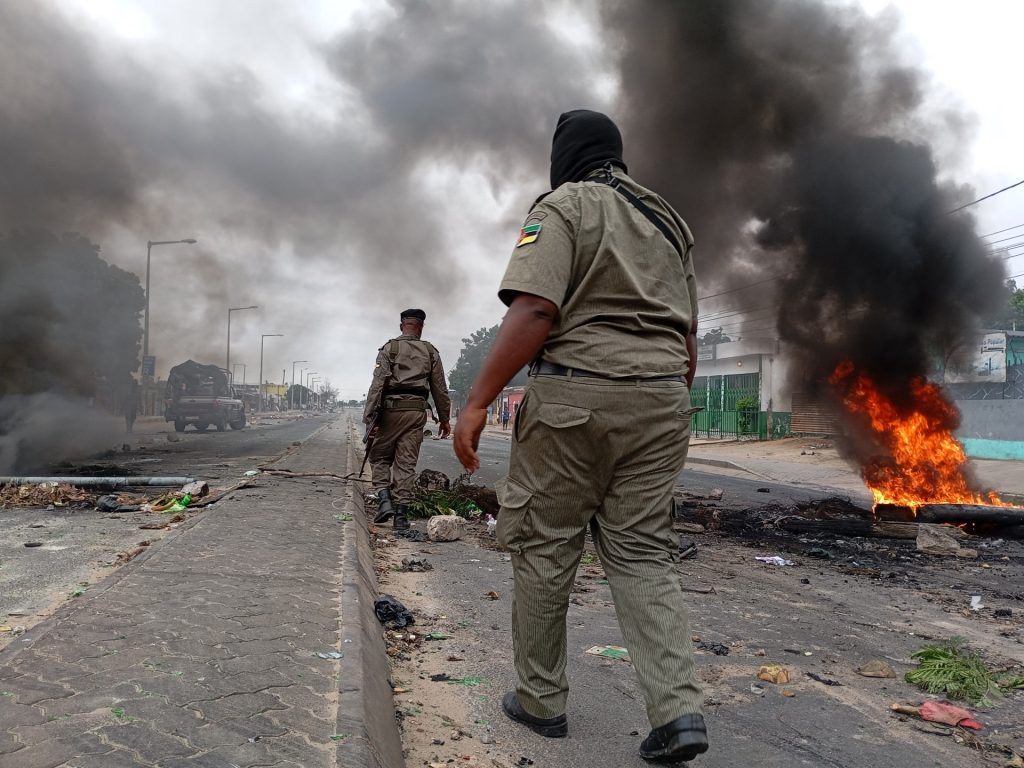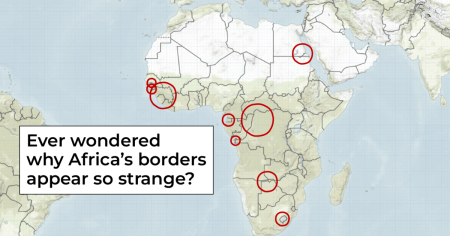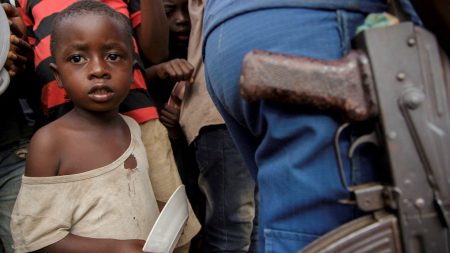A suspected riot within the confines of a prison in Maputo, the capital of Mozambique, has resulted in a tragic loss of life, with at least 33 individuals confirmed dead and 15 others injured. The incident also led to a mass breakout, with over 1,500 prisoners escaping the facility. Authorities have managed to recapture 150 of the escapees, but the vast majority remain at large. The incident occurred amid escalating civil unrest in the country, largely stemming from the disputed October elections that saw the long-ruling Frelimo party retain power. Opposition groups have alleged widespread rigging and electoral malpractice, fueling protests and tensions across the nation.
While the timing of the prison riot coincides with the ongoing post-election unrest, there is disagreement among officials regarding the direct connection between the two. Police General Commander Bernardino Rafael suggested that protests outside the prison may have emboldened inmates and triggered the riot. However, Justice Minister Helena Kida refuted this claim, asserting that the unrest originated within the prison walls and was unrelated to external demonstrations. This discrepancy in official accounts raises questions about the transparency and accuracy of information surrounding the incident.
The circumstances surrounding the riot remain somewhat unclear. Reports indicate that prisoners overpowered guards, gaining access to AK-47 rifles and facilitating their escape. The timing of the incident, coinciding with the Christmas holiday season when staffing levels may have been reduced, also suggests a potential vulnerability that was exploited by the inmates. The sheer number of escapees raises serious concerns about the security protocols and overall management of the prison facility.
The prison riot comes on the heels of two days of intense violence across the country, directly linked to the contested election results. At least 21 people, including two police officers, were killed in clashes involving attacks on petrol stations, police stations, and banks. This brings the total death toll related to the post-election unrest to a staggering 151 since October 21st. The escalating violence underscores the fragility of the political situation in Mozambique and the deep divisions that persist within the country.
This incident highlights a critical need for a thorough investigation into the circumstances surrounding both the prison riot and the broader post-election violence. Questions about security lapses, prison management practices, and the potential role of external factors in instigating the riot must be addressed. Furthermore, the conflicting accounts from high-ranking officials necessitate clarification and a commitment to transparency in communicating with the public about these events.
Beyond the immediate investigation, the Mozambican government must address the underlying causes of the ongoing unrest. The disputed election results and the subsequent violence have exposed deep fissures within society. A meaningful dialogue between the government, opposition groups, and civil society is essential to rebuild trust and pave the way for a peaceful resolution to the current crisis. International partners can play a crucial role in supporting this process and providing assistance in strengthening democratic institutions and ensuring accountability for human rights violations. The current situation demands urgent action to prevent further bloodshed and to safeguard the future stability of Mozambique. The combination of the prison break and the election-related violence paints a grim picture of a nation teetering on the brink, underscoring the urgent need for constructive engagement and a commitment to peaceful solutions.










